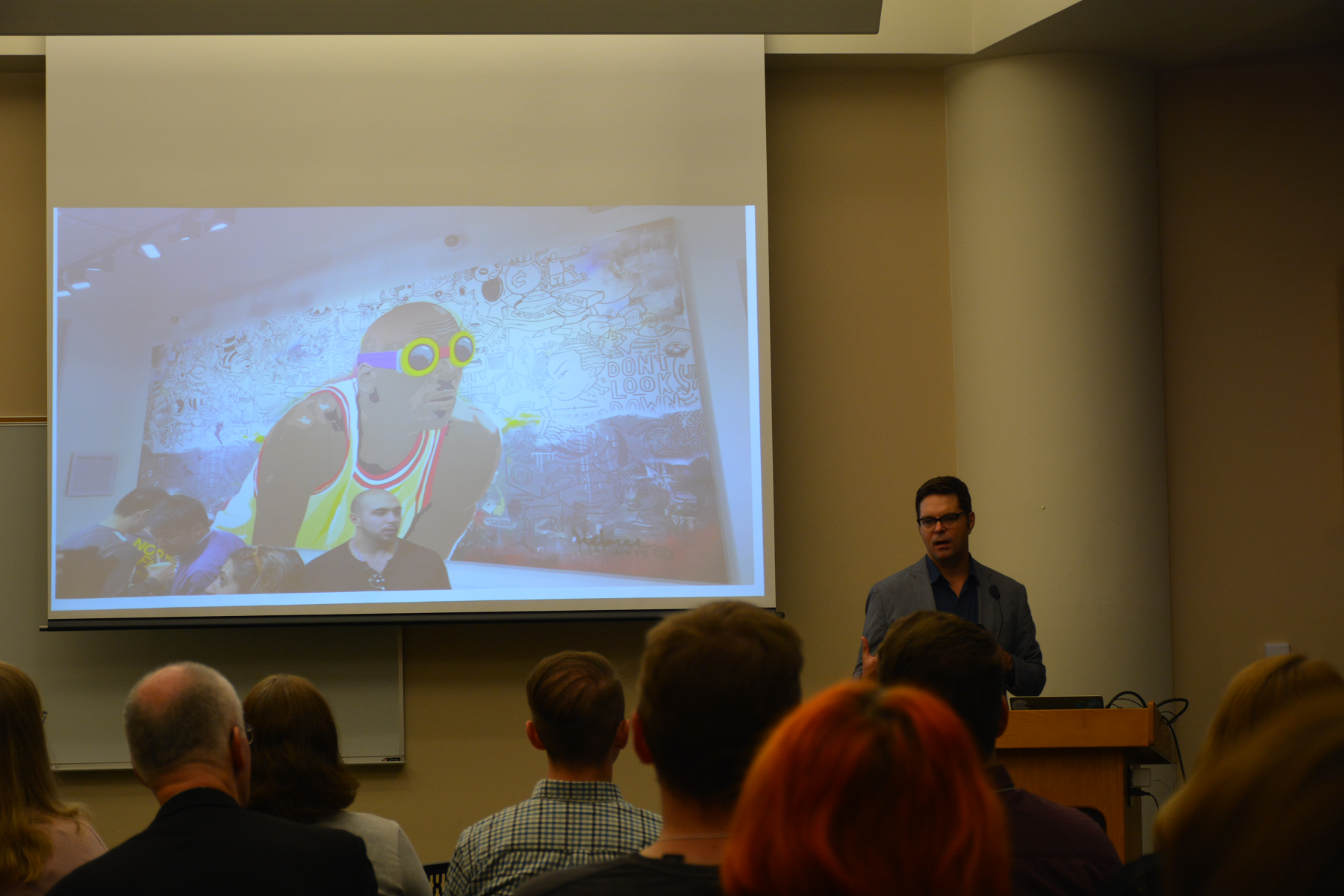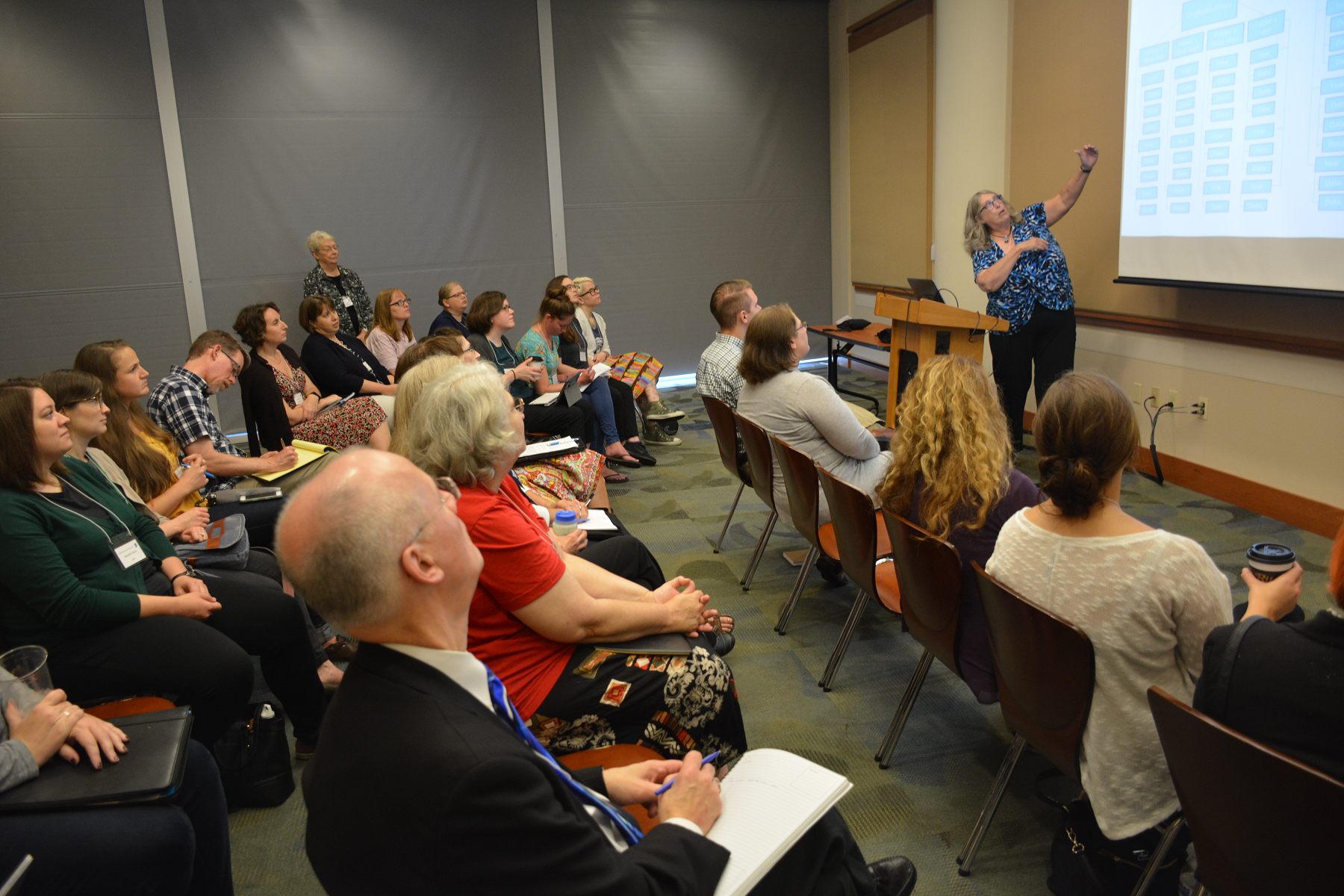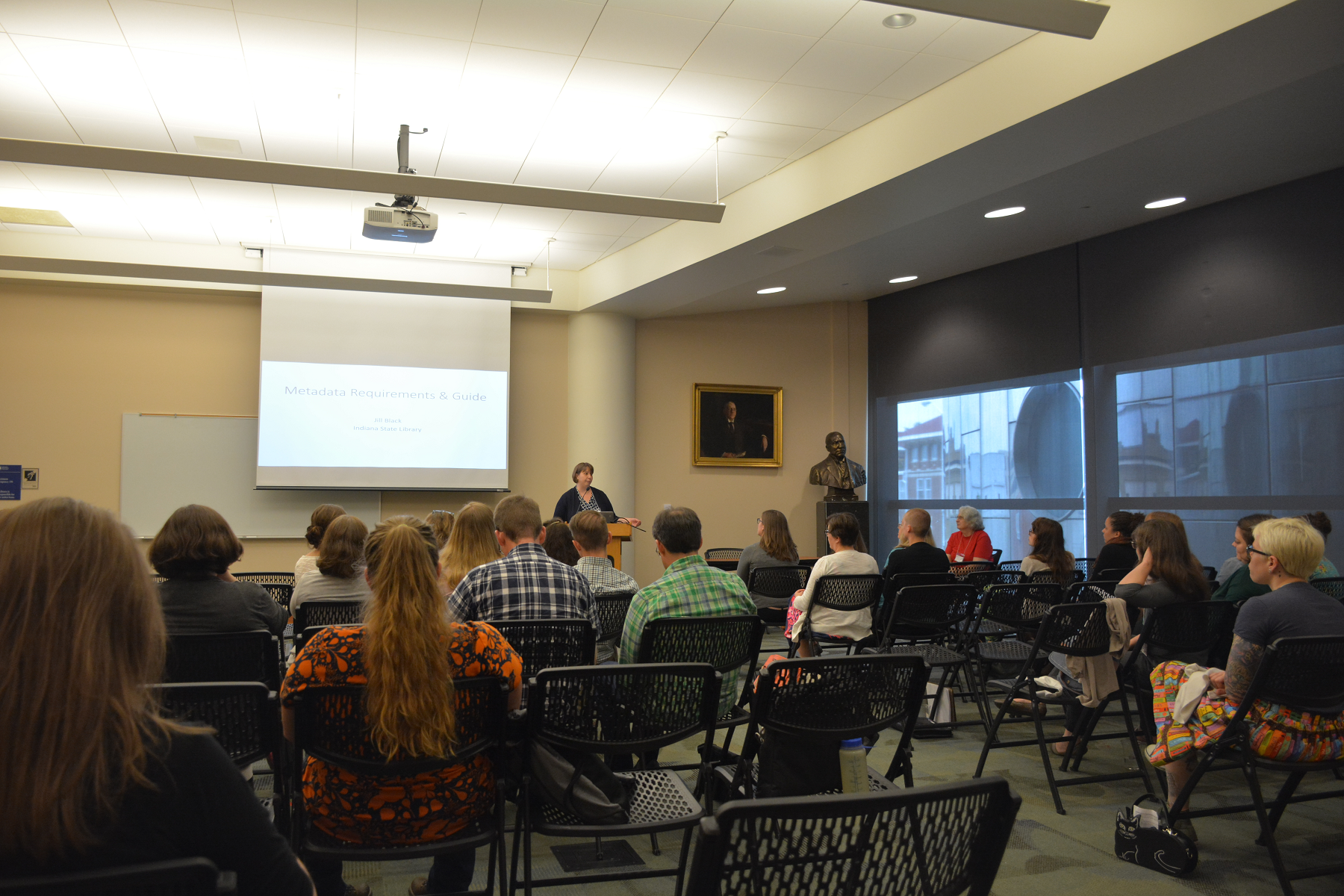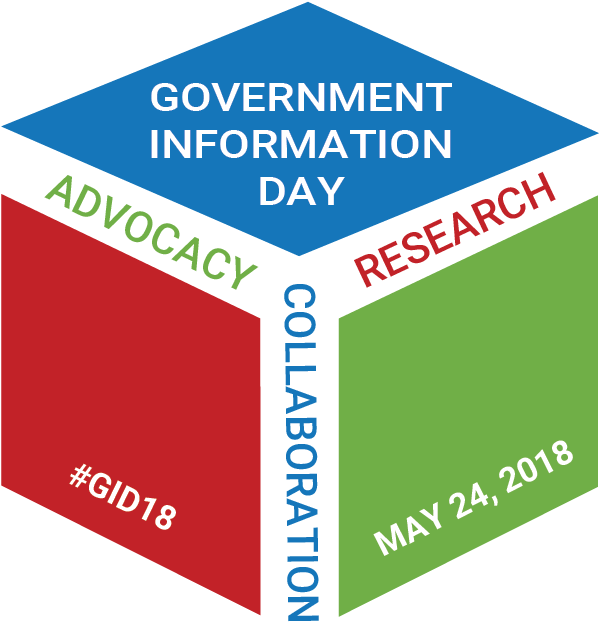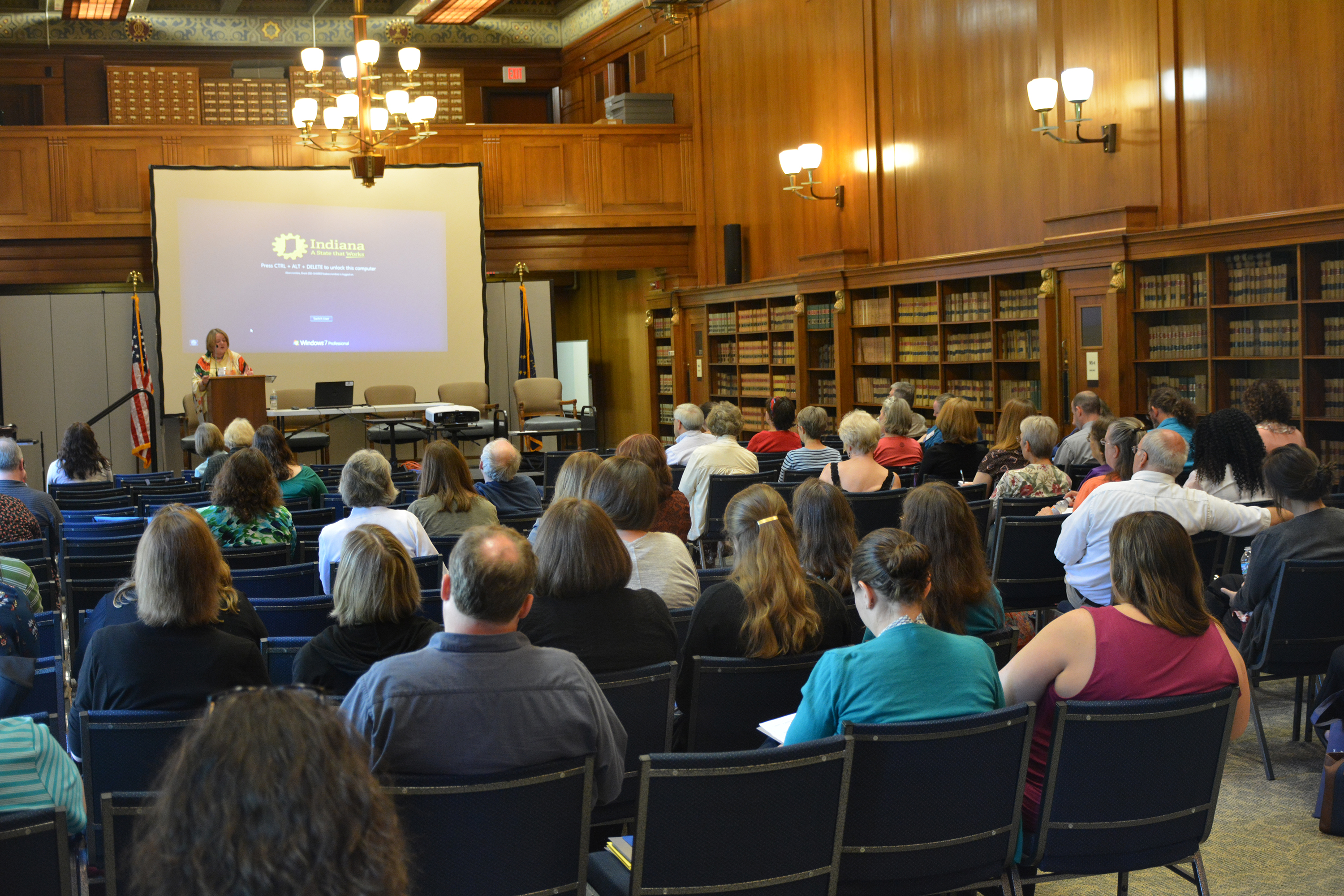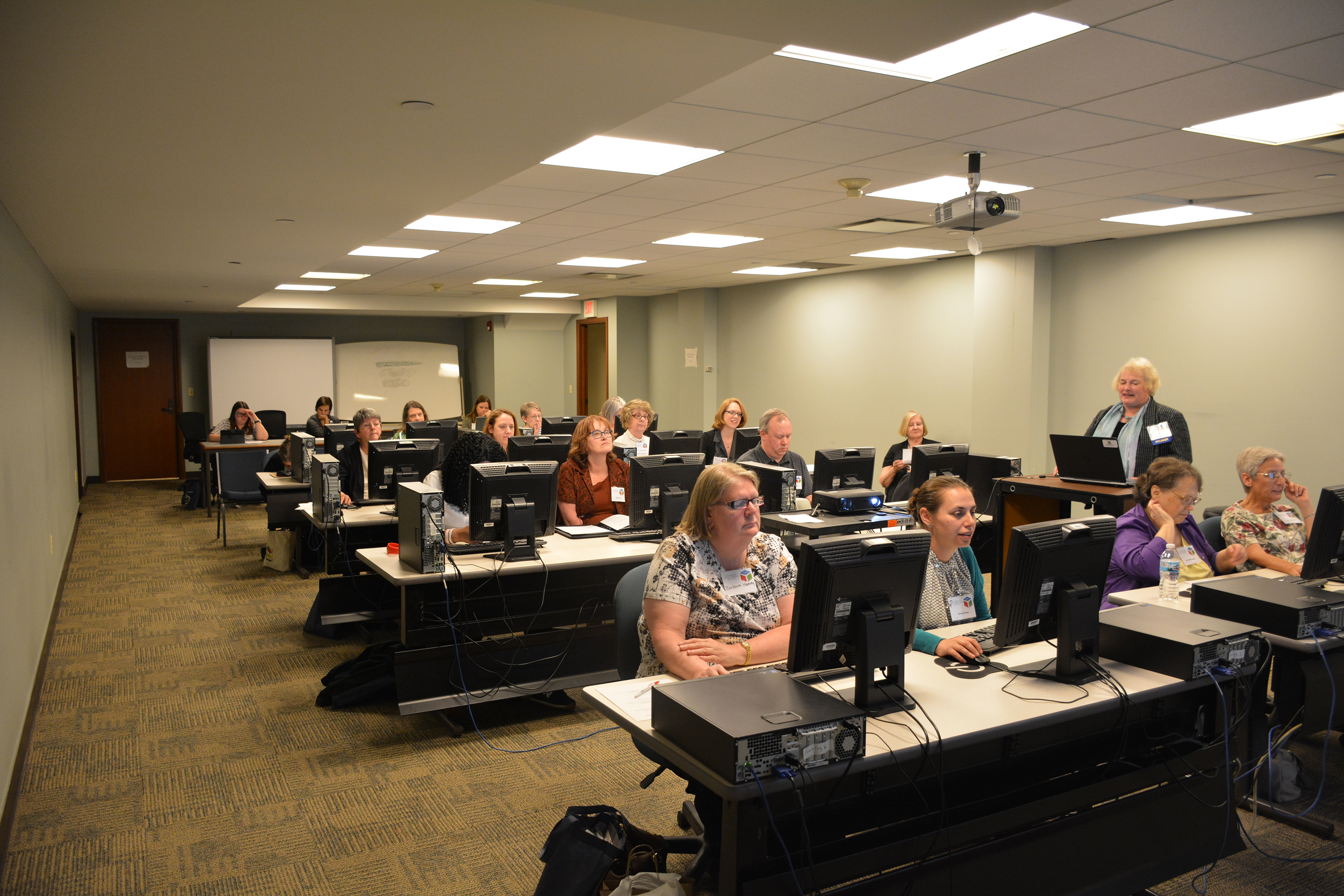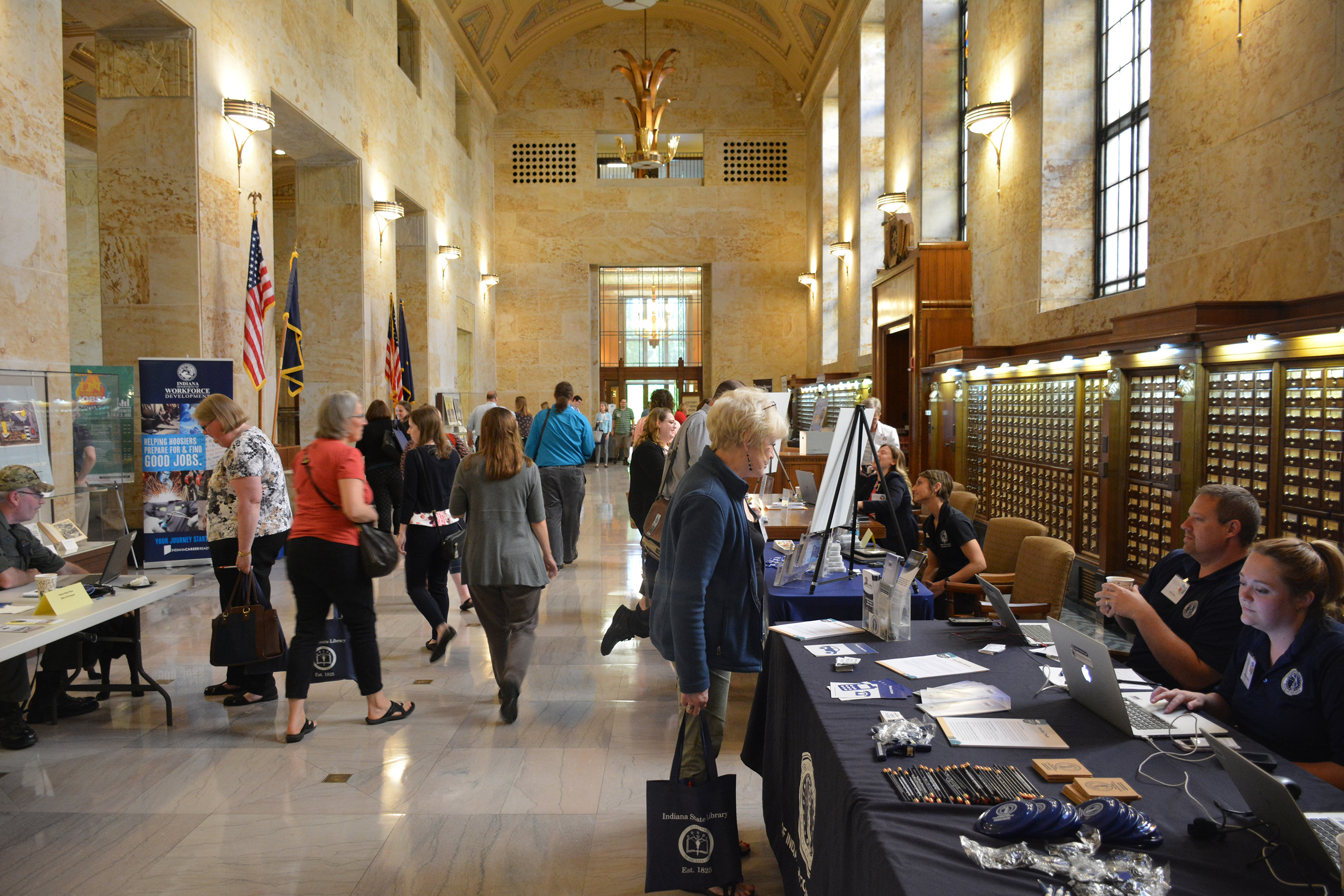As we close out the Indiana State Library’s Bicentennial year, a huge thank you goes to all our hard working staff, not only for their persistent diligence and dedication throughout the year, without which our programs and services would not be as successful, but also for their extra effort on our Bicentennial projects and events.
We went about our regular business of Vision Expo, Discovery to Delivery, the Different is You conference, DNA workshops, Genealogy for Night Owls, Evergreen Indiana library migrations and updates (and everything that goes along with those), summer lecture and lunch and learn series, web archiving born digital state publications, digitizing and uploading collections to the Indiana State Library Digital Collections, assisting other libraries with creating their own collections hosted by the Indiana State Library, etc. In addition to that, we celebrated the Indiana State Library’s Bicentennial with multiple programs and even a publication!
As part of our Bicentennial festivities, the library published “Laying the Foundation,” a book showcasing 100 items from the library’s vast and remarkable collection. The items featured cover a wide array of topics and span centuries.
 In addition to the publication that the library’s staff worked on, the Indiana State Library also hosted a Bicentennial reception on Tuesday, Feb. 11, 200 years to the day that the General Assembly established the Indiana State Library. The reception was a celebratory reflection on the collections, history and services of the Indiana State Library. A festive occasion was held with refreshments, music by a string duet from the Indianapolis Symphony Orchestra, tours of the library, exhibit displays and a talk by Lisa Hendrickson, the granddaughter of Edward Pierre of Pierre and Wright, the architects of the Indiana State Library and Historical Building.
In addition to the publication that the library’s staff worked on, the Indiana State Library also hosted a Bicentennial reception on Tuesday, Feb. 11, 200 years to the day that the General Assembly established the Indiana State Library. The reception was a celebratory reflection on the collections, history and services of the Indiana State Library. A festive occasion was held with refreshments, music by a string duet from the Indianapolis Symphony Orchestra, tours of the library, exhibit displays and a talk by Lisa Hendrickson, the granddaughter of Edward Pierre of Pierre and Wright, the architects of the Indiana State Library and Historical Building.
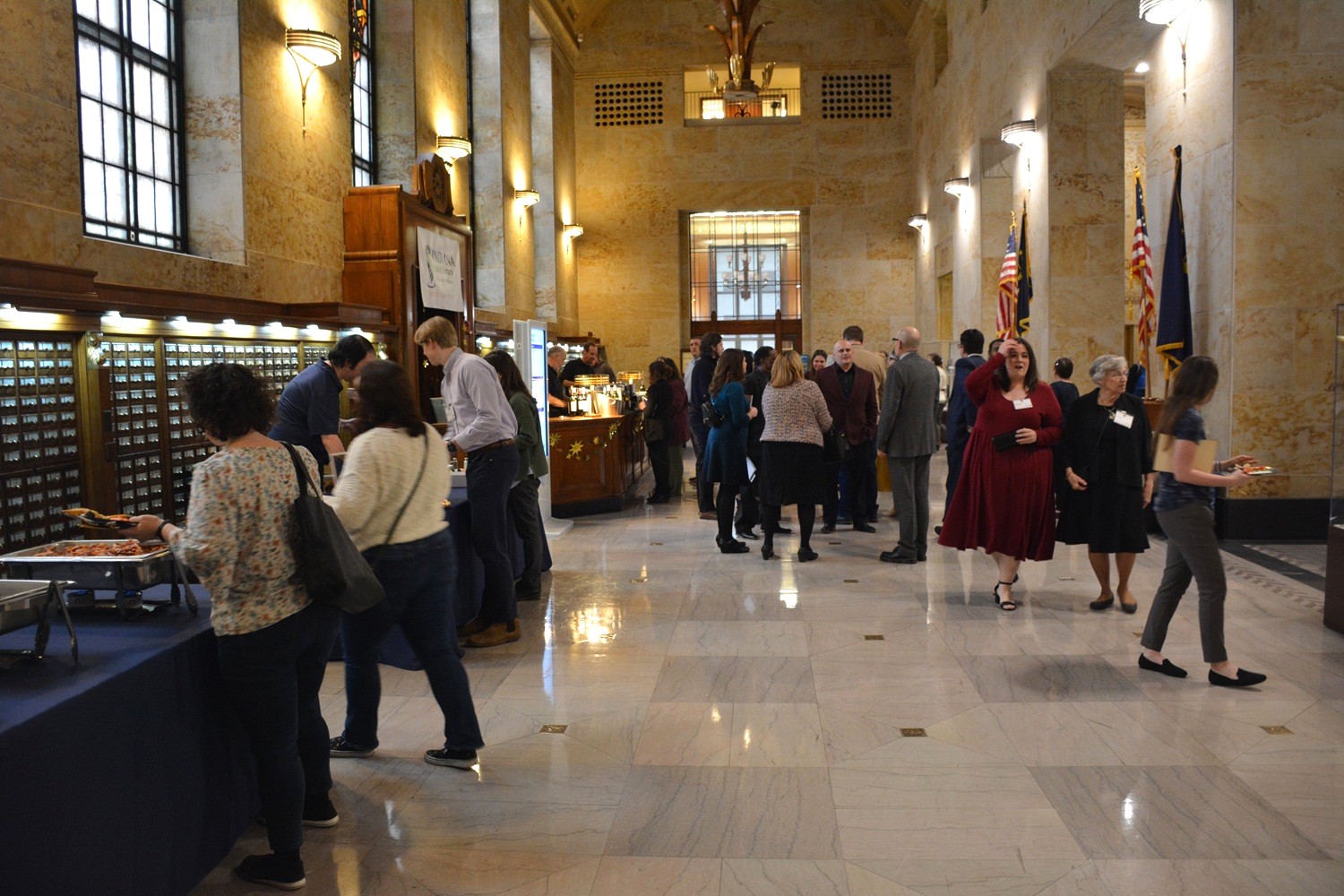 Several other Bicentennial programs were held, including escape rooms and trivia games during the lunch hour; a “Ghostly Gathering” that, along with fun stuff for the kids, also provided a chilling peek at spooky and creepy items from our collections; and a Bicentennial Lunch and Learn followed by a marker dedication. Capping off a year of programming related to the Bicentennial, the library held a marker dedication, dedicating a new state historical marker commemorating the Indiana State Library.
Several other Bicentennial programs were held, including escape rooms and trivia games during the lunch hour; a “Ghostly Gathering” that, along with fun stuff for the kids, also provided a chilling peek at spooky and creepy items from our collections; and a Bicentennial Lunch and Learn followed by a marker dedication. Capping off a year of programming related to the Bicentennial, the library held a marker dedication, dedicating a new state historical marker commemorating the Indiana State Library.
 While these are only a sprinkling and highlights from a year full of programs and services well-done, the staff at the Indiana State Library pulled together to ensure the year of the library’s Bicentennial was both commemorated and would be remembered as we celebrated 200 years in 2025. Thank you all for your hard work and dedication!
While these are only a sprinkling and highlights from a year full of programs and services well-done, the staff at the Indiana State Library pulled together to ensure the year of the library’s Bicentennial was both commemorated and would be remembered as we celebrated 200 years in 2025. Thank you all for your hard work and dedication!
This blog post was written by Stephanie Asberry, deputy director of public and statewide services at the Indiana State Library.

